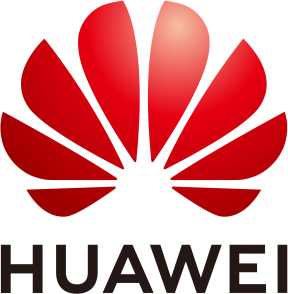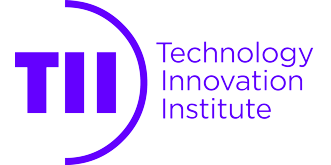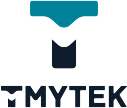ROOM: Ballroom A, 4th Floor
Scope and Topics:
As a cornerstone, generative AI can be a key player in realizing the vision of self-evolving networks. Within this context, large language models (LLMs), a subfield of natural language processing and generative AI, have recently attracted a considerable attention from the research community as a revolutionary technology in the field of AI. Among several LLMs, Falcon LLM, GPT-2/3/4, BERT, as well as visual generative models, e.g., DALL-E3 and GPT-4V, have strongly impacted how AI is employed for inference and decision-making purposes, and laid down a new base for novel applications that can exploit the potential of generative AI models. This is rooted to the generative and predictability capabilities of these GenAI models, in which large models (mainly based on the transformer architecture) are trained over a vast amount of unlabeled multimodal data (primarily textual and/or visual data), and therefore, are enabled to understand and generate human-like languages. Through the self-attention mechanism of transformers and the large amount of training data, the developed large models are able to capture the statistical patterns and relationships in the provided data, and hence, to predict and generate the required output data. Similar approach applies to visual models, where diffusion models can be leveraged to generate contextual data from images and vice versa.
Being a promising candidate to revolutionize several technologies in various fields, we believe that generative AI models can introduce a radical change in wireless network design and operation. In particular, we anticipate that large GenAI models will introduce a tangible enhancement in the performance of different schemes within the Telecom domain. This can be achieved through exploiting the generative capabilities of large GenAI models in addition to the multimodality nature of the data acquired in wireless networks, including RF signals, and 2D and 3D visual representations of wireless environments, to attain improved contextual, situational, and temporal awareness, and therefore, enhanced wireless communication. Furthermore, it is noted that large GenAI models can enable wireless networks to enjoy predictability features, and hence, realize improved and proactive localization, beamforming, power allocation, handover, as well as, spectrum management, even for unseen network scenarios. On the other hand, wireless networks can contribute to the development of improved generative AI models, by allowing multiple machines to communicate reliably through the utilization of large GenAI models. It is worth highlighting that the research on the interplay of the large GenAI models and 6G networks is still in its early stages, and the reported contributions in this field are very limited. However, such a topic has attracted the attention from the research community in a short span of time.
Inspired by the this, the aim of this workshop is to attract novel research contributions on GenAI-empowered wireless networks, and to be a stepping-stone on advancing the research on large GenAI models for 6G. Such an attractive and new topic is expected to attract a large number of audience, who are interested in exploring the advancements in GenAI-enabled 6G and its technical limitations and challenges.
Topics of interest include, but are not limited to:
- GenAI for wireless sensing
- GenAI for wireless transmission
- Improved beamforming and handover through GenAI
- Security and privacy in GenAI
- GenAI for network fault diagnosis and troubleshooting
- GenAI for resource allocation and quality of service optimization
- GenAI for network performance prediction
- GenAI for network protocol design
- GenAI for spectrum management
- Network configuration and optimization through GenAI
- Wireless Networks for GenAI
- Machine-to-machine GenAI
- Multimodal GenAI for Telecom
- GenAI powered telecom agents
- GenAI for semantic communications
- GenAI for emergent protocol learning
- Multi-agent network powered by GenAI
Important Dates:
- Workshop Paper Submission Deadline:
22 December 202314 January 2024 (Extended) - Paper Notification Deadline:
15 January 202426 January 2024 - Final Paper Submission Deadline:
25 January 20242 February 2024
Submission Link:
https://edas.info/newPaper.php?c=31842&track=121425
Workshop Organizers:
- Merouane Debbah, Khalifa University, UAE
- Faouzi Bader, Technology Innovation Institute, UAE
- Samson Lasaulce, CNRS, France
- Qiyang Zhao, Technology Innovation Institute, UAE
- Lina Bariah, Technology Innovation Institute, UAE
- Hang Zou, Technology Innovation Institute, UAE
- Yu Tian, Technology Innovation Institute, UAE








